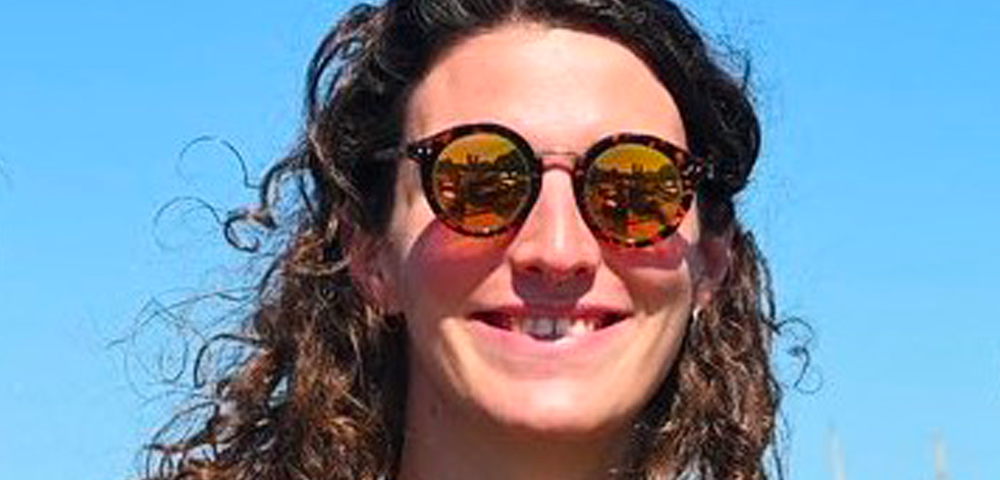
Public safe-sex messages under threat?

Perth businesses and organisations linked to the LGBTI community are concerned over a pledge by state opposition leader Mark McGowan to limit all outdoor advertising to a G-rating.
WA Premier Colin Barnett and Labor’s McGowan addressed the Australian Christian Lobby’s Make It Count forum in Perth on February 26 where McGowan made his pledge, which has flagged concerns over a ‘creeping conservatism’ in the state.
The Court Hotel is one of just two gay venues in Perth and owner Bree Maddox said it was highly concerning the seemingly increasing influence of religion on politics.
“As a licensed premises targeting adults with adult-themed events, this not only will have an impact on what we can advertise but it also unnecessarily increases the amount of red tape we have to deal with in the operation of our premises,” Maddox said.
“If every poster and artwork edit has to go to the classification board for approval, advertising events, or anything for that matter, becomes a very slow, cumbersome and potentially expensive process.”
WA AIDS Council CEO Andrew Burry said they did not traditionally use outdoor advertising but the move had wider implications.
“We’ve considered outdoor advertising in the past but we’ve never found it the most efficient way to reach our targets,” he said.
“We do have concerns – there is a bit of a creeping conservatism generally around messages.
“There’s no point being mealy-mouthed about safe-sex messages, sex is what almost everybody has almost all of their life but it’s a sensitive issue to some parts of the community.” Germany has extensively used outdoor advertising and cinemas to promote HIV awareness for 30 years, Burry said, but added they have been provided free-of-charge.
“I just think it’s part of a broader discussion about getting messages into some mainstream publications and the conservative approach some editors will take.
He said WAAC had been turned away from advertising in in-flight magazines because it put off other advertisers.
“There comes a point where you have water things down so much that it’s just not effective advertising.”
Advertising in Australia is not subject to the same code classifications as film, publications and other media.
It is subject to codes of practice and regulated by the Advertising Standards Bureau
Outdoor Media Association CEO Charmaine Moldrich said that a G rating would not necessarily mean that advertisements that referred to sex or sexuality would not make the G rating as it would depend on the context of the reference.
Topics like condoms and safe sex could be advertised under a G-rated system, she said, and added that the contentious Rip & Roll campaign (pictured) would be, under current rating rules, classified as a G Rated advertisement.
Moldrich said suggestions of outdoor advertising being oversexualised were a popular misnomer – since 2010 the industry has brought down that rate to zero per cent complaints being upheld by the Advertising Standards Board in the area of sex, sexuality and nudity.
At the forum, the Premier said some advertising concerned him and called for a stronger code of conduct, possibly backed by law.
“In reality, in terms of trying to regulate strictly advertising, you do run into trouble,” he said.
Last year, the state Commissioner for Children and Young People Michelle Scott had investigated the sexualisation of children and was due to report back her findings to the parliamentary oversight committee in January, according to Labor WA, in an online questionnaire.
As part of an online questionnaire for the ACL, Labor WA blamed the premier for calling the election “against all previous tradition” which meant the commissioner could not report her findings before the election.
However, in the same questionnaire response, Labor WA said it would first consider the commissioner’s findings before coming to a decision.










